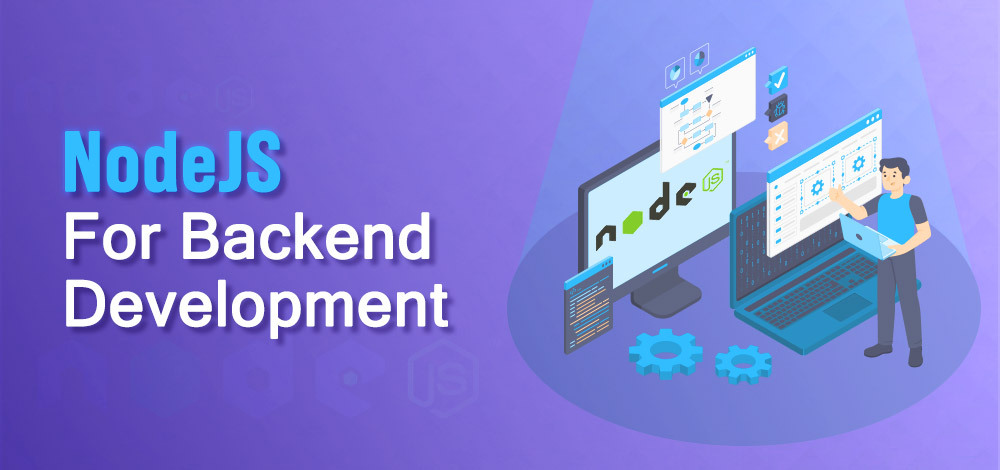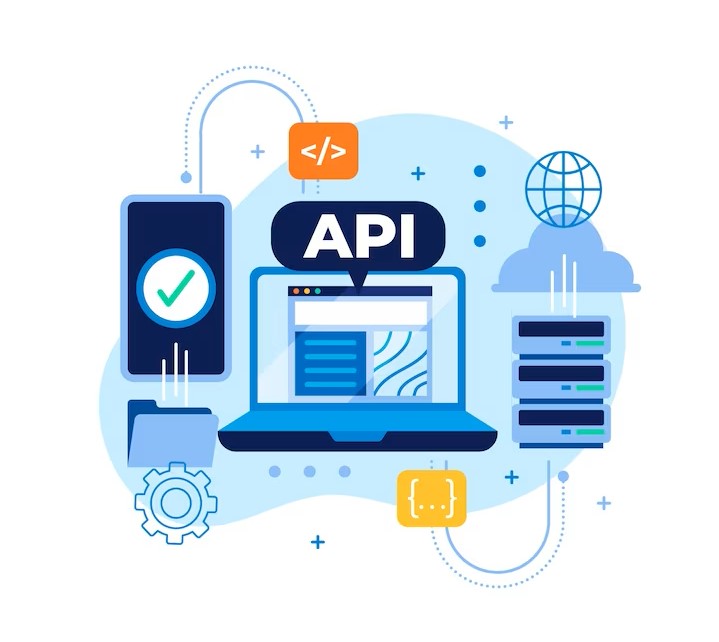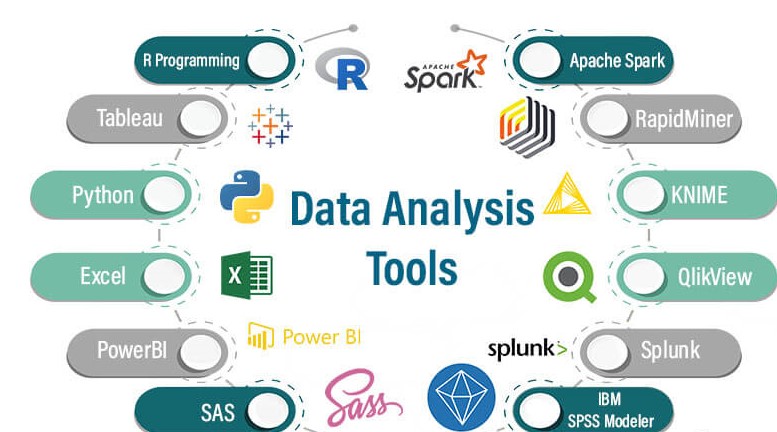Why Node.js is the Ideal Choice for Backend Development
In recent years, Node.js has emerged as a popular choice for backend development, gaining traction among developers and businesses alike. Its lightweight, scalable, and efficient nature makes it a compelling option for building high-performance server-side applications. In this blog post, we will explore the key reasons why you should consider using Node.js for your backend development projects.
JavaScript Everywhere
One of the most significant advantages of using Node.js is its ability to leverage JavaScript, the most widely used programming language on the web. With Node.js, you can build both the frontend and backend of your application using the same language, enabling seamless communication and code sharing between different components. This consistency simplifies the development process, reduces context switching, and allows developers to work on full-stack applications more efficiently.
Asynchronous and Event-Driven
Node.js is built on an asynchronous, non-blocking architecture, which makes it highly suitable for handling concurrent connections and I/O-intensive operations. Unlike traditional server-side technologies, which are often thread-based and block on I/O operations, Node.js operates on a single-threaded event loop. This event-driven model allows it to handle numerous concurrent connections efficiently, providing high performance and scalability. As a result, Node.js is an excellent choice for building real-time applications, chat systems, streaming platforms, or any application that requires handling a large number of simultaneous connections.
Vast Ecosystem and Package Manager
Node.js has a massive ecosystem of open-source libraries and modules available through its package manager, npm (Node Package Manager). npm allows developers to quickly and easily access and integrate third-party modules into their projects. This extensive library of modules covers a wide range of functionalities, from web frameworks and database connectors to utility libraries and authentication modules. Leveraging this vast ecosystem can significantly speed up development time, enhance productivity, and enable developers to focus on the core logic of their application rather than reinventing the wheel.
Scalability and Performance
Due to its asynchronous, non-blocking nature, Node.js can handle a large number of concurrent requests with minimal resources. This inherent scalability makes it a great choice for building highly performant applications that can handle heavy traffic and scale effortlessly. Additionally, Node.js’s event-driven architecture allows developers to design applications that are horizontally scalable, where multiple instances of the server can be easily deployed and managed to handle increasing loads.
Developer Productivity
Node.js offers several features that enhance developer productivity and ease the development process. Its lightweight and minimalist approach allow for faster deployment times and quicker iteration cycles. Additionally, the ability to share code between the frontend and backend reduces duplication and promotes code reusability, which can save time and effort. Furthermore, Node.js’s rich tooling ecosystem, including frameworks like Express.js and testing libraries like Mocha, enables developers to build robust applications with ease.
Microservices and API Development
Node.js is an excellent choice for developing microservices architectures and building APIs. Its lightweight nature, coupled with the ability to create small, modular services, makes it well-suited for building scalable and loosely coupled systems. Node.js’s support for RESTful APIs, along with frameworks like Express.js, allows developers to quickly build and expose APIs for their applications. This flexibility makes it easier to integrate different services and components, enabling developers to create complex, distributed systems efficiently.
Full-Stack JavaScript
With Node.js, developers can use JavaScript not only for backend development but also for frontend development. This full-stack JavaScript approach allows for seamless communication and code sharing between the frontend and backend, making it easier to maintain and update the application as a whole. Developers can use frameworks like React or Angular on the frontend and leverage the same JavaScript skills and libraries on the backend with Node.js, resulting in a more streamlined development process.
Real-Time Applications
Node.js is well-suited for building real-time applications that require instant data updates and interactive functionalities. Its event-driven architecture and support for WebSockets enable developers to create real-time chat applications, collaborative tools, gaming platforms, and more. Node.js’s ability to handle multiple concurrent connections efficiently makes it a reliable choice for applications that rely on instant data transmission and real-time interactions.
Implementing Push Notifications with Node.js: A Step-by-Step Guide
Serverless Computing
Node.js plays a significant role in the serverless computing paradigm. Platforms like AWS Lambda, Azure Functions, and Google Cloud Functions allow developers to deploy Node.js functions as serverless applications, where the infrastructure management is abstracted away. This serverless architecture offers benefits such as automatic scaling, reduced operational overhead, and cost optimization based on usage. With Node.js, you can take advantage of serverless computing to build scalable and cost-effective applications that only pay for the resources consumed.
Community Support and Adoption
Node.js boasts a vibrant and active community of developers, who contribute to its growth and evolution. The large community ensures ongoing support, frequent updates, and a wealth of learning resources. Developers can find tutorials, documentation, and code examples to facilitate their development process. Furthermore, Node.js has gained significant adoption among major tech companies and startups alike, making it a reliable and future-proof choice for backend development.
Easy Integration with Databases and APIs
Node.js offers excellent support for interacting with databases and integrating with external APIs. It provides numerous database connectors and ORM (Object-Relational Mapping) libraries, allowing developers to work with various databases such as MongoDB, PostgreSQL, MySQL, and more. Additionally, Node.js’s flexibility and extensive library ecosystem enable seamless integration with third-party APIs, enabling developers to consume and interact with external services efficiently.
Cross-Platform Compatibility
Node.js is designed to be cross-platform, meaning it can run on different operating systems such as Windows, macOS, and Linux. This compatibility allows developers to write code once and deploy it across various environments without significant modifications. It provides flexibility and eliminates the need to maintain separate codebases for different platforms, reducing development and maintenance costs.
Node.js provides a compelling choice for backend development due to its JavaScript-based, asynchronous, and event-driven nature. Its scalability, performance, extensive ecosystem, and developer productivity enhancements make it an ideal framework for building modern, high-performance server-side applications. As Node.js continues to evolve and gain popularity, it is worth considering for your next backend development project.













